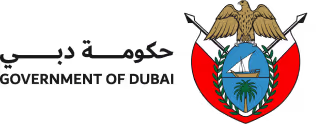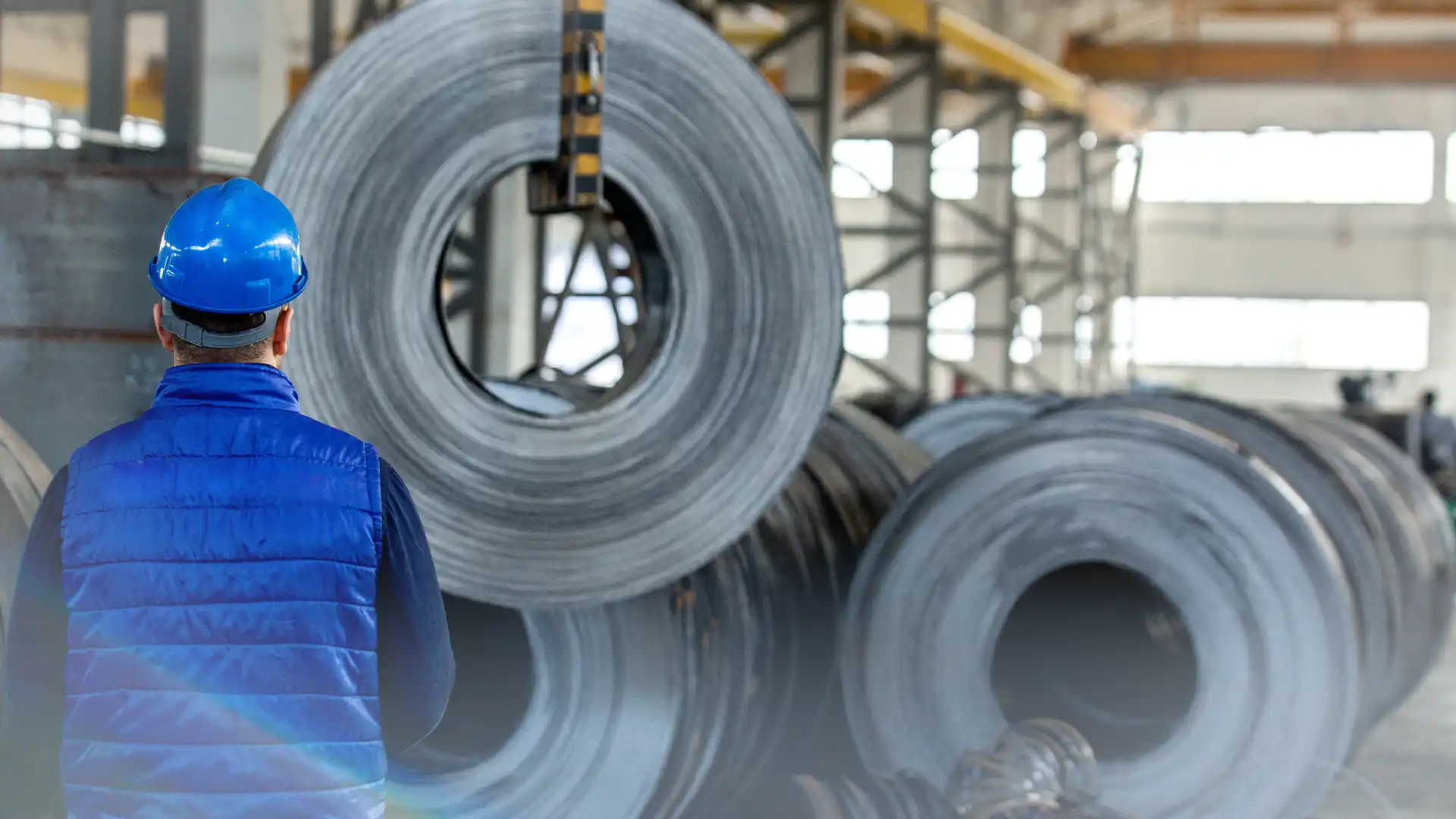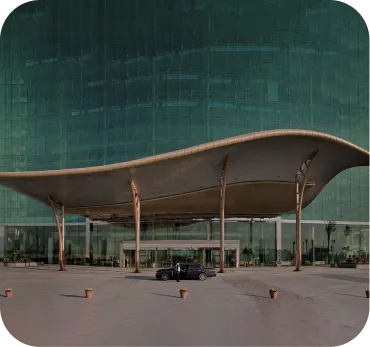
Dubai has been actively investing in its logistics and transportation sector, with a focus on becoming a regional and global hub for cargo handling and logistics services. The Dubai government has developed state-of-the-art logistics infrastructure, including ports, airports, and free zones, which offer various incentives and benefits to businesses, including cargo handling companies. The Dubai International Airport and the Jebel Ali Port, one of the largest ports in the region, are major transportation hubs for air and sea cargo, respectively, making Dubai a strategic location for cargo handling operations.Moreover, Dubais strategic location, advanced infrastructure, and business-friendly environment have made it a major centre for international trade and commerce, resulting in a significant volume of cargo passing through the emirate. This can offer potential business opportunities for entrepreneurs such as yourself, who are interested in setting up a cargo handling company in Dubai to cater to the growing demand for logistics services.As a Cargo Handling Business, you will be involved in the efficient and organised handling, transportation, and logistics management of cargo or goods, usually within the context of transportation modes such as shipping, air freight, or trucking. You may provide services such as loading and unloading cargo, sorting and segregating goods, storage, documentation, and other related services to ensure smooth and secure movement of goods along the supply chain.
5224.00 Cargo Handling
The goal of a cargo handling company is to ensure the safe, efficient, and organised handling of cargo or goods during the loading and unloading process, regardless of the mode of transportation used for transportation, and to comply with relevant regulations and industry standards.A cargo handling company that includes activities such as loading and unloading of goods or passengers luggage irrespective of the mode of transport used for transportation, stevedoring, and loading and unloading of freight railway cars typically provides a range of services related to the physical handling of cargo or goods in various transportation modes. Heres a breakdown of these activities:
Loading and Unloading of Goods or Passengers Luggage:The cargo handling company is responsible for the physical loading and unloading of goods or passengers luggage from different modes of transportation, including ships, airplanes, trucks, or trains. This involves using specialised equipment, tools, and techniques to handle goods or luggage safely and efficiently.
Stevedoring:Stevedoring is a specific type of cargo handling activity that pertains to the loading and unloading of goods to and from ships. A cargo handling company engaged in stevedoring provides services related to the handling of cargo on and off ships, including coordinating the arrival and departure of vessels, loading and unloading cargo, stowing cargo in the ships holds, and securing cargo for transport.
Loading and Unloading of Freight Railway Cars:This activity involves the handling of cargo or goods loaded on or unloaded from railway cars. A cargo handling company may provide services for loading and unloading freight railway cars, which includes coordinating the movement of railway cars, using specialised equipment such as cranes or forklifts to load or unload cargo, and ensuring that cargo is properly secured and positioned in the railway cars.
Exclusions:
This business activity does not have any exclusions.
Railway Stations:Cargo handling companies may exclude the operation of railway stations from their services because railway stations typically involve complex operations, including passenger services, ticketing, scheduling, and regulatory compliance, which may not align with the primary focus of a cargo handling company, which is the physical handling of cargo or goods during the loading and unloading process.
Bus Stations:Similarly, bus stations may involve passenger services, ticketing, scheduling, and other operations that are not directly related to the physical handling of cargo or goods. A cargo handling company may choose to exclude the operation of bus stations from its services to maintain a focus on its core competencies and avoid the complexities associated with managing bus stations, such as passenger services and regulatory compliance.
Stations for the Handling of Goods:Stations for the handling of goods, which may include facilities such as warehouses, depots, or distribution centres, often require specialised knowledge and resources for managing storage, inventory, transportation, and logistics. While cargo handling companies may specialise in the physical handling of cargo during the loading and unloading process, they may choose to exclude the operation of stations for the handling of goods as it may involve additional complexities related to inventory management, warehousing, and distribution, which may not be their core services.
Harbours and Piers:Managing harbours and piers involves extensive infrastructure, resources, and regulatory compliance related to maritime operations, including vessel handling, navigation, safety, and security. Cargo handling companies may choose to exclude the operation of harbours and piers from their services due to the specialised nature of maritime operations and the regulatory requirements associated with managing port facilities.
Airway Terminals:Airway terminals, which include airports or other facilities for air transportation, involve complex operations related to passenger services, cargo handling, security, and regulatory compliance. While cargo handling companies may specialise in the physical handling of cargo during the loading and unloading process, they may choose to exclude the operation of airway terminals due to the specific requirements associated with managing airports or air transportation facilities, which may not be their primary focus or area of expertise.
Third-Party Approvals
In Dubai, cargo handling companies may require third-party approval from the Dubai Maritime City Authority (DMCA) and the Roads and Transport Authority (RTA) as part of the regulatory requirements for operating in the maritime and transportation sectors.The DMCA is the government authority responsible for regulating, developing, and promoting maritime activities in Dubai. It oversees various aspects of maritime operations, including cargo handling, vessel operations, and port facilities. Obtaining approval from DMCA ensures that your cargo handling company complies with the regulations, standards, and guidelines set by the authority to ensure safe and efficient maritime operations in Dubai.Similarly, the RTA is the government authority responsible for regulating transportation services in Dubai, including road transportation. Cargo handling companies may need approval from RTA to ensure compliance with road transportation regulations, licensing requirements, and other related guidelines.Additionally, cargo handling companies can conduct their activities outside the UAE, but will require a No Objection Certificate (NOC) from the relevant authority.
AML
In the UAE, Designated Non-Financial Businesses and Professions (DNFBPs) are legally obliged to comply with anti-money laundering laws and regulations, as well as counter the financing of terrorism and illegal organisations, by adhering to the standards set by the Ministry of Economy. An awareness campaign was conducted on April 30th, 2021, and existing licensees have already been registered for goAML, the anti-money laundering system.Non-compliance with these requirements by the deadline may result in fines imposed by the Ministry of Economy. To avoid such penalties, new licensees must ensure that they meet the requirements after obtaining their license.Business activity 5224.00 is not subject to AML regulations.
Why Apply for Your Business License with Meydan Free Zone
- Guaranteed bank account with 26 local and international banks.
- Business license recognised by MoFA and Dubai Chamber Of Commerce.
- 100% ownership with full capital and profit repatriation to your home country.
- Apply for unlimited visas.
- Access our payment gateway on WhatsApp, Instagram, and other social media platforms.































